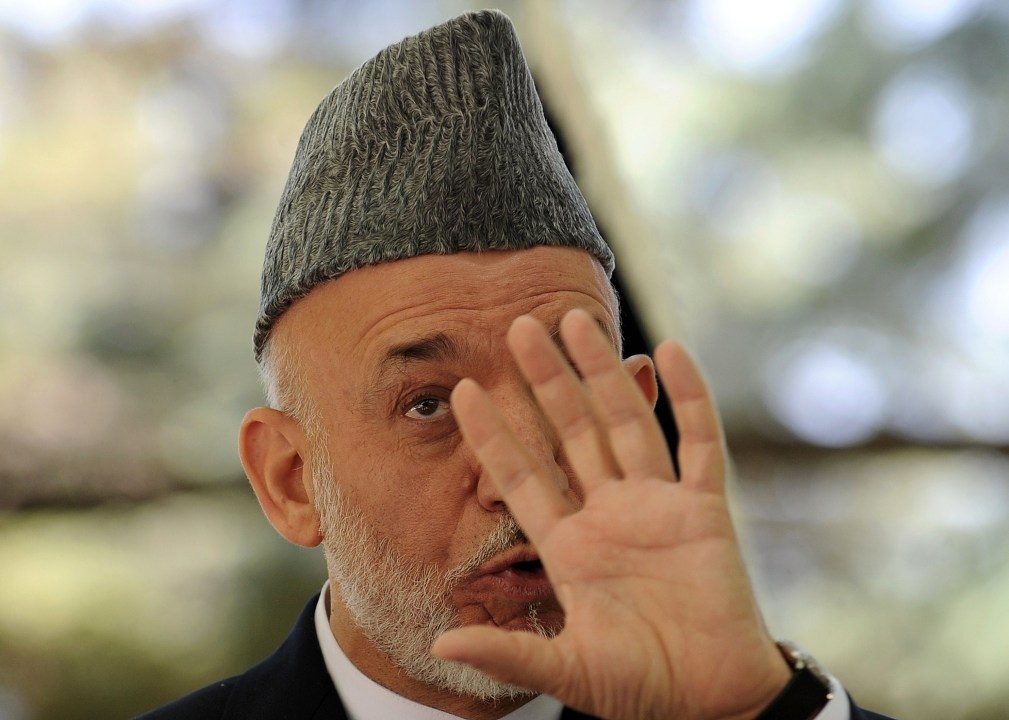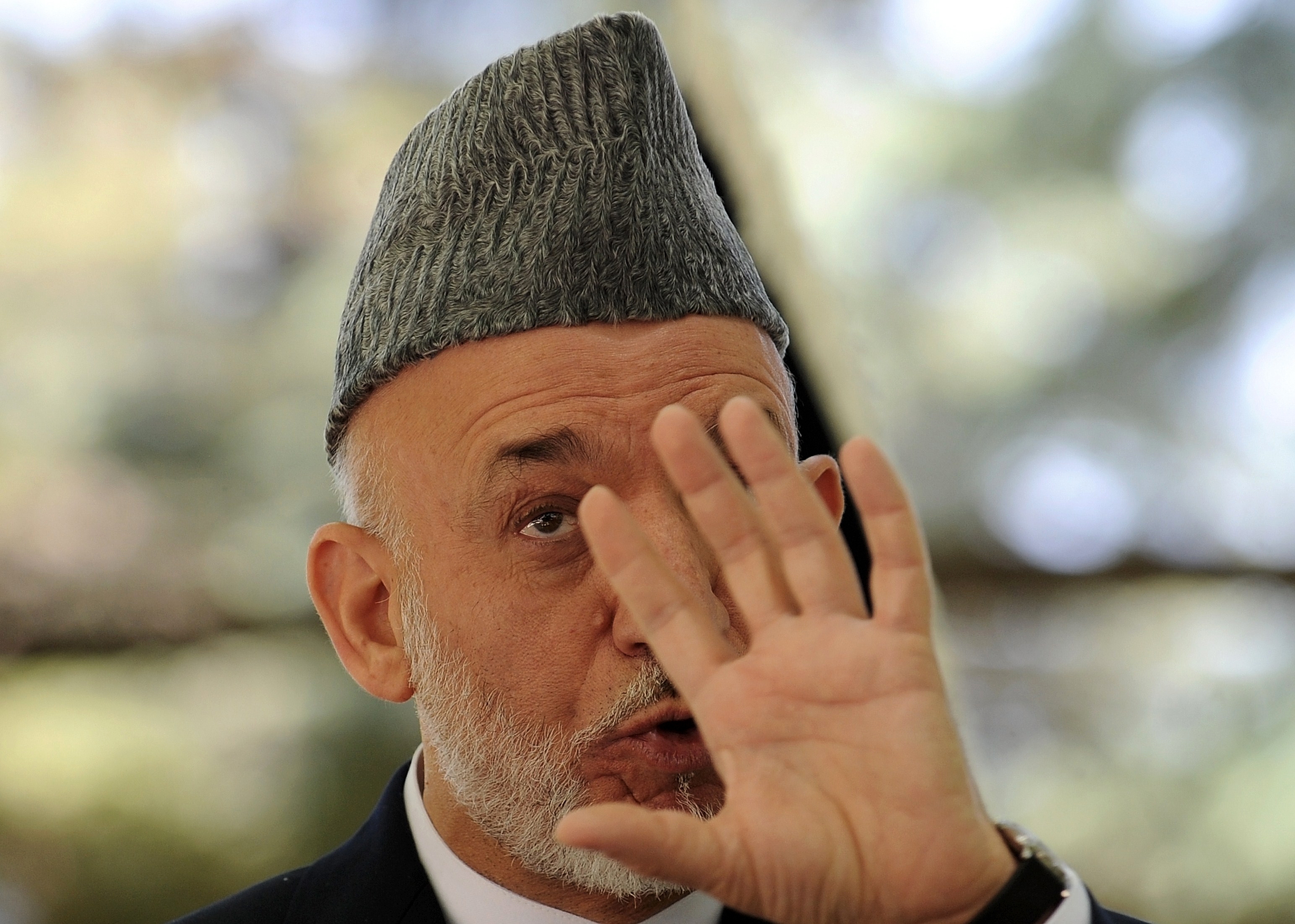 The International Monetary Fund used to be hated, blamed for the privatisation
programmes it imposed across the world in exchange for loans. Then it spent a decade in relative obscurity. Now, as countries like Greece are forced to beg for loans, the Bretton Woods institution
has again become a popular bogeyman. Every Greek protester thinks that all would be well if only their government had a Love, Actually
moment and told the IMF where to go.
The International Monetary Fund used to be hated, blamed for the privatisation
programmes it imposed across the world in exchange for loans. Then it spent a decade in relative obscurity. Now, as countries like Greece are forced to beg for loans, the Bretton Woods institution
has again become a popular bogeyman. Every Greek protester thinks that all would be well if only their government had a Love, Actually
moment and told the IMF where to go.
But the IMF — with its hard-nosed, unsentimental policies — is often what is needed to save governments from themselves. Take Afghanistan. As The Guardian reported yesterday, the Afghan government will struggle to pay its bills “within a month,” after the IMF rejected proposals for resolving the Kabul Bank scandal. The IMF is holding out because Hamid Karzai’s government have not agreed that taxes, rather than foreign aid, should repay the $820m taken out of central bank reserves last year to prop up the bank, and they are stalling on criminal investigations against managers and politically-connected shareholders.
Hamid Karzai has persuaded himself that it is all somehow the West’s fault — because the US did not react to an audit report into Kabul Bank. He will likely do as he always does, which is to throw a childish tantrum, and the US will back down for fear of further problems. The IMF tends not to have any such qualms. They will hopefully push the Afghan government towards doing what it has never had to do: take responsibility. This will be an important marker of things to come, as the US draws down its presence and moves attention elsewhere.
In that way, the IMF may do more for the state-building process in Afghanistan than $millions in assistance, 100,000 soldiers and countless diplomats have been able to do so far.







Comments